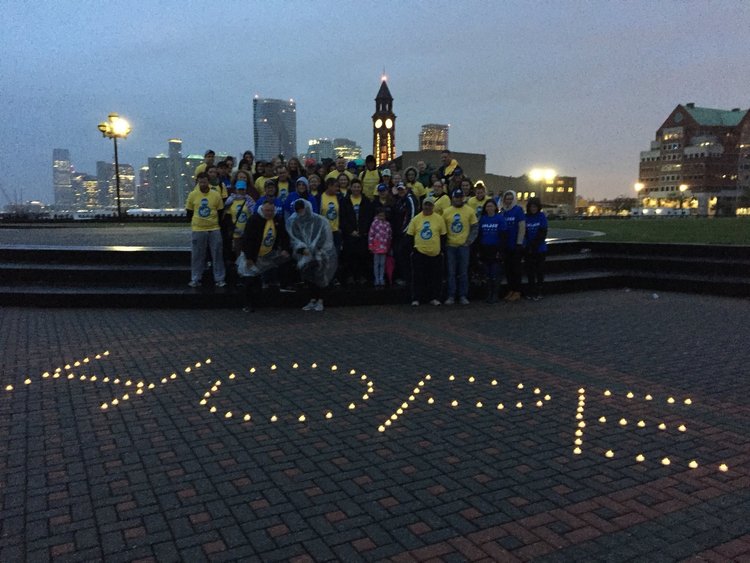LaGuardia Community College in Long Island City will host a lecture on Monday, Apr. 23 on the biology and bioethical issues surrounding the case of a poor Southern tobacco farmer whose cells-taken without her knowledge-were used to become one of the most important tools in medicine.
Dr. Stephen R. Latham, director of the Yale Interdisciplinary Center for Bioethics, will discuss the sensitive issues surrounding the farmer, Henrietta Lacks, which are chronicled in “The Immortal Life of Henrietta Lacks” by Rebecca Skloot.
Skloot tracked down the story of Lacks, a 1940s farmer whose HeLa cells became the first “immortal human cells grown in culture” and played a vital role in developing the polio vaccine, unlocking the secrets to cancer, viruses and the atomic bomb’s effects and leading to advances such as in vitro fertilization, cloning and gene mapping.
Latham will delve into the biology of HeLa cells and the controversy surrounding the case. He will discuss whether scientists had the legal right to extract cells without the knowledge of the patient and her family, and whether it is fair for cor-
–SEE BIOETHICS ON PG. 66-
































